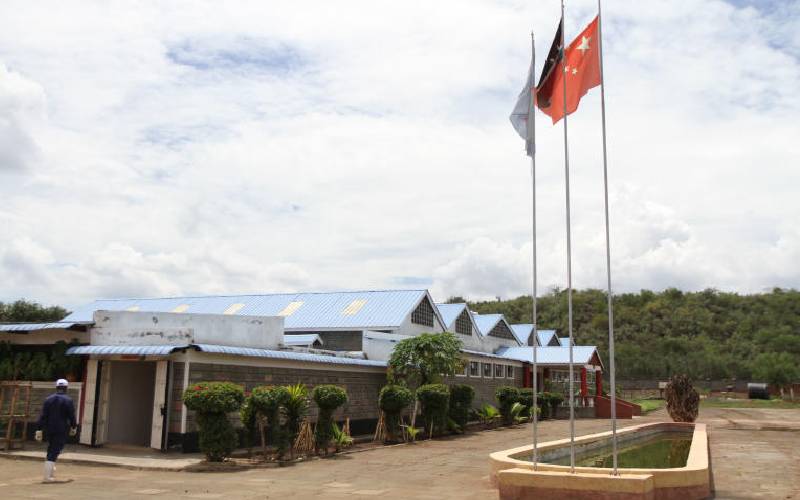×
The Standard e-Paper
Kenya’s Boldest Voice

Goldox Donkey Slaughterhouse in Mogotio has terminated contracts of more than 200 workers.
On Thursday, the workers found a notice pinned on the wall stating that contracts that expired at the end of last year would not be renewed.